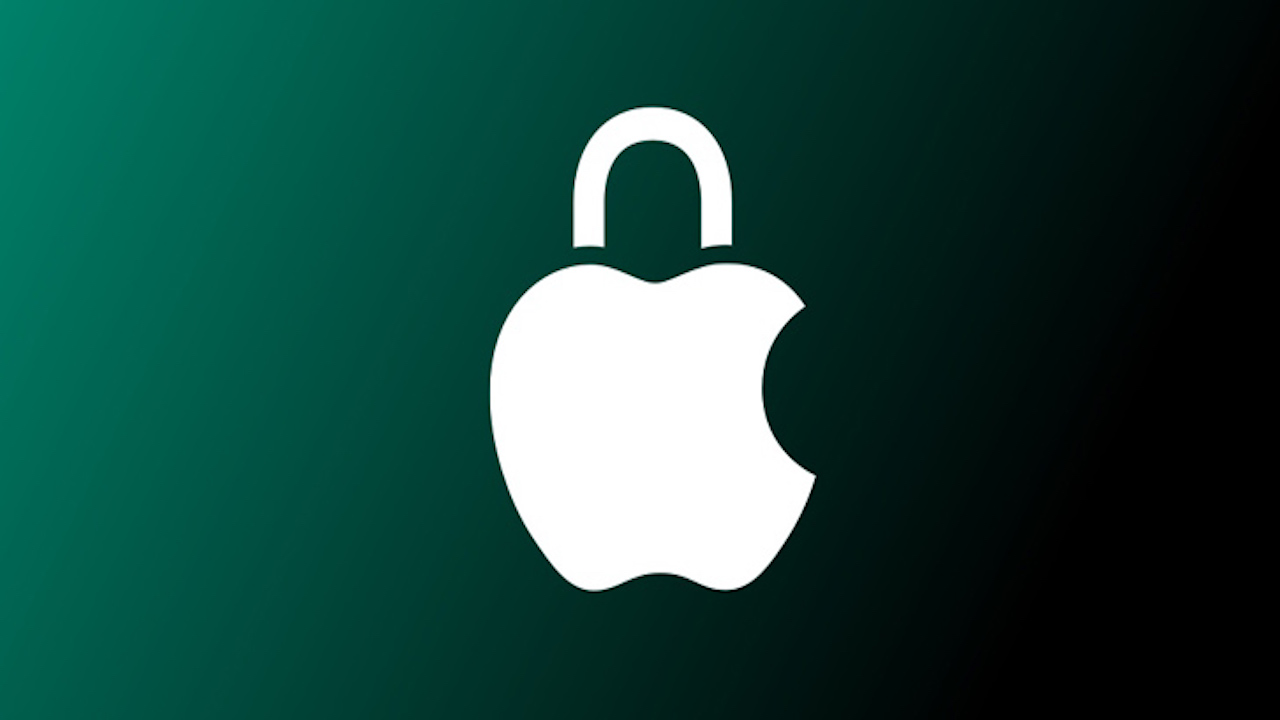Amid escalating governmental demands for broader digital surveillance authority in the U.K., Apple has thrown down the gauntlet. The tech giant has expressed its willingness to withdraw its iMessage and FaceTime services in the country rather than yield to the pressure, according to initial reports by BBC News.
Apple challenges Investigatory Powers Act
This move brings Apple to the forefront of tech industry resistance against proposed modifications to the Investigatory Powers Act (IPA) 2016. These changes pose a risk to encryption safeguards, as they would enable a far-reaching scan and identification of potentially harmful digital content.
The proposed Online Safety Bill puts pressure on companies to incorporate technology capable of detecting child sex exploitation and abuse (CSEA) material and terrorism-related content within their encrypted messaging services. Additionally, messaging platforms are obligated to gain clearance for security features from the Home Office prior to their implementation, and promptly deactivate them as needed without public notification.
Encryption concerns
The ongoing dispute between encryption and online crime prevention is not a fresh debate. This situation mirrors the 2021 case where WhatsApp took a stand against the Indian government. In this instance, regulations necessitated the messaging platform to breach encryption to track the original information source, implicating iMessage among others, or confront criminal charges. The verdict of this case is still awaited.
The perceived risk to data security and privacy is significant enough that Apple described the stipulations as a “serious and direct threat.”
In response to the proposed legislation, several encryption-supporting messaging applications, including Element, Signal, Threema, Viber, Meta’s WhatsApp, and Wire, have come forward. In an open letter from earlier this year, they implored the U.K. government to reevaluate their approach, advocating for increased privacy and security for their citizens.
Apple’s prior privacy stand
Interestingly, Apple has had its share of privacy and security issues in the past. Last year, it shelved plans to flag potentially harmful content in iCloud Photos after facing resistance from digital rights organizations. The concern was that such a feature could be misused, undermining user privacy and security.

Precedents in digital surveillance debate
The ongoing dispute between encryption and online crime prevention is not a fresh debate. This situation mirrors the 2021 case where WhatsApp took a stand against the Indian government. In this instance, regulations necessitated the messaging platform to breach encryption to track the original information source, implicating iMessage among others, or confront criminal charges. The verdict of this case is still awaited.
Apple’s tough stance aligns with its public commitment to privacy. It also allows the company to distinguish itself as a “privacy champion” in contrast to other corporations that rely on user data for targeted advertising. However, critics argue that this position is undermined by the fact that messages sent or received from non-Apple devices, which lack end-to-end encryption, could potentially be exploited for governmental surveillance.
We are eager to hear your thoughts on this issue. What is your opinion on Apple’s stance, and how do you see the future of digital privacy? Share your thoughts with us in the comments section below!













